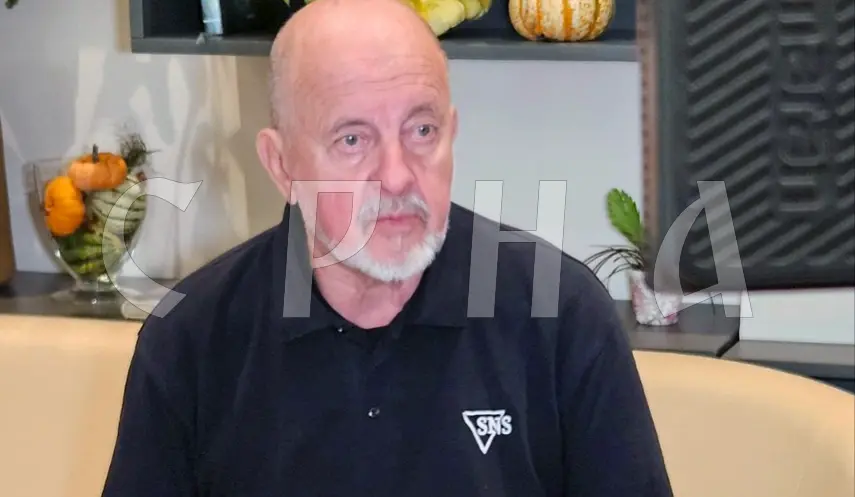COLLEGIUM TO DISCUSS DODIK'S MIGRANTS INITIATIVE THIS WEEK
Republika Srpska - National Assembly - Stevandić
06/17/2025
12:05
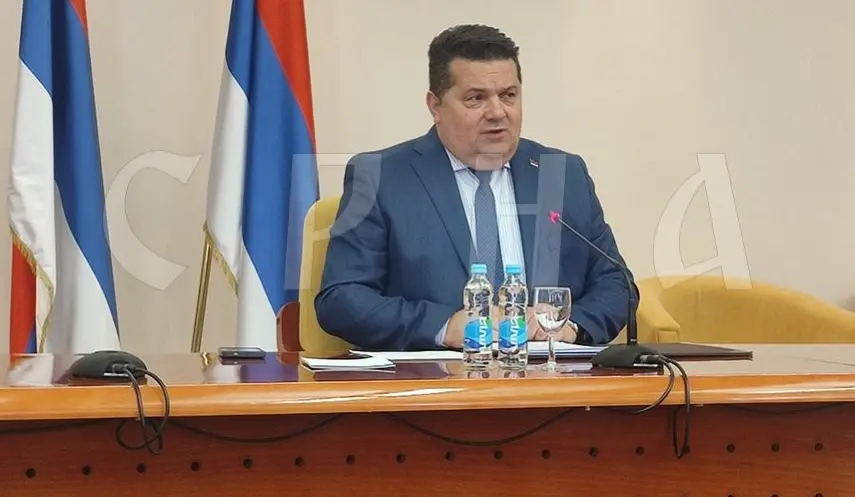
BANJA LUKA, JUNE 17 /SRNA/ - Speaker of the Republika Srpska National Assembly Nenad Stevandić told SRNA that the Assembly's Collegium will discuss this week the initiative of Republika Srpska President Milorad Dodik to review information on migrants, so that Republika Srpska can adopt appropriate measures regarding the announcement by the governments of Great Britain and some EU countries about transferring more than 50,000 migrants to BiH.
Stevandić added that this item is expected to be included on the agenda of the next regular session of the Assembly.
"This is a good opportunity to assess the positions of local political actors on the issue of migrants. It is clear that Republika Srpska, being small, cannot handle the migrant situation on its own," Stevandić said, adding that many much larger and more powerful countries have also failed to find any solutions for migrants.
Stevandić pointed out that the problem in BiH is the lack of a strong policy on this and similar issues; instead, there are policies that "tie the horse wherever the master tells them".
"That is why Republika Srpska must show its response. It can sometimes be costly, but it always pays off in the end. You have to demonstrate sovereignty and independence to protect your national interests and citizens. I hope that everyone, including the opposition parties, which mostly focus on targeting the government, will understand Dodik's message," Stevandić said, adding that this is not a daily political issue, but a vital national matter.
Republika Srpska President Milorad Dodik submitted an initiative to the National Assembly to review the information about migrants so that Srpska can adopt measures in response to the announcement by the governments of Great Britain and some EU countries that more than 50,000 migrants are expected to be transferred to BiH.
Dodik emphasized that he has proposed a series of conclusions, including that no decisions or agreements with third-country governments, primarily EU member states, should be accepted regarding any possibility of transporting or deporting so-called migrants here who would supposedly receive certain treatment and care.
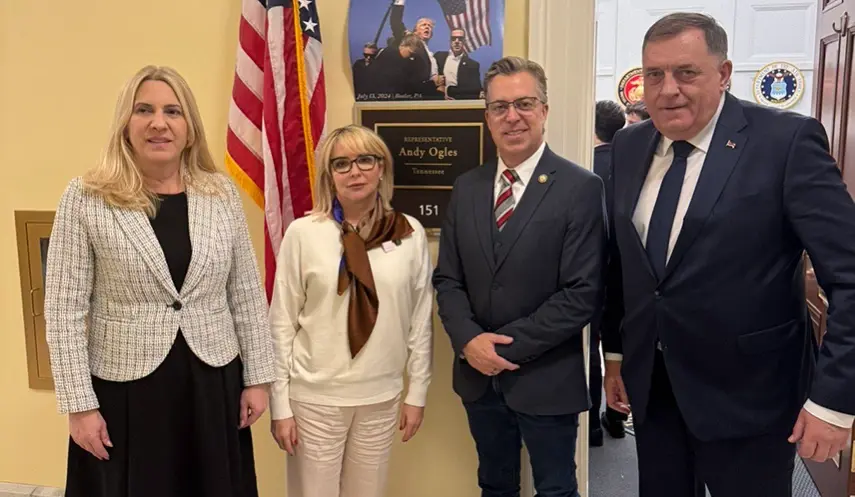
DODIK DISCUSSES SRPSKA'S STATUS, MISUSE OF JUDICIARY AND SOC PROPERTY SEIZURES WITH CONGRESSMAN OGLES
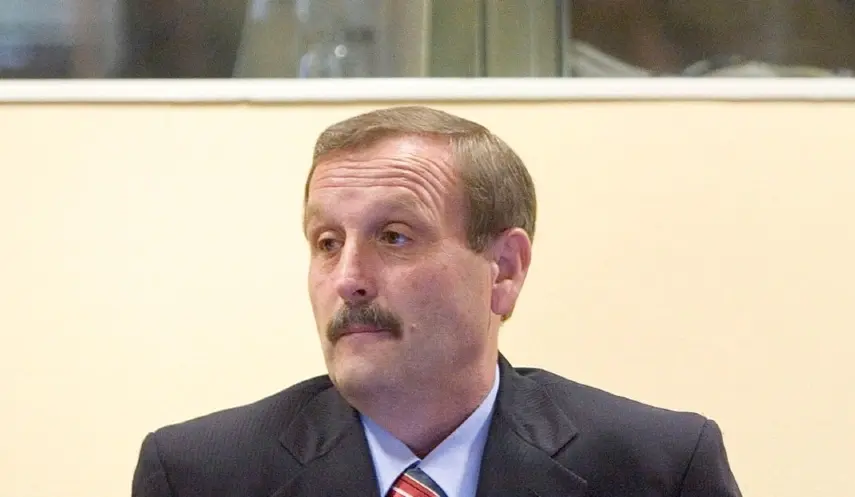
MILAN MARTIĆ'S REQUEST FOR EARLY RELEASE REJECTED
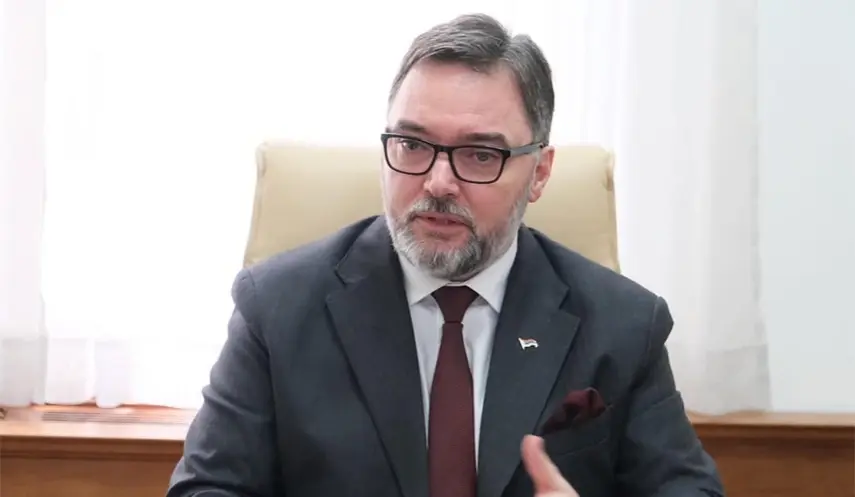
KOŠARAC: FORTO AND THE REST OF 'TROIKA' MISLEAD PUBLIC WITH ROSY EU NARRATIVES
